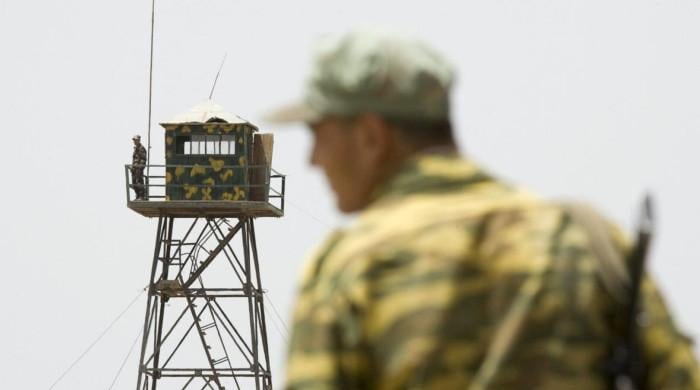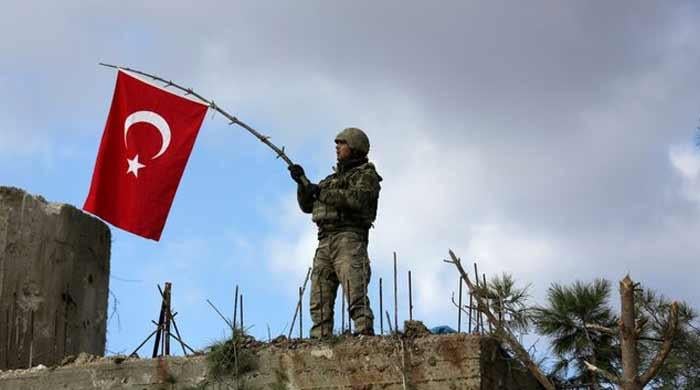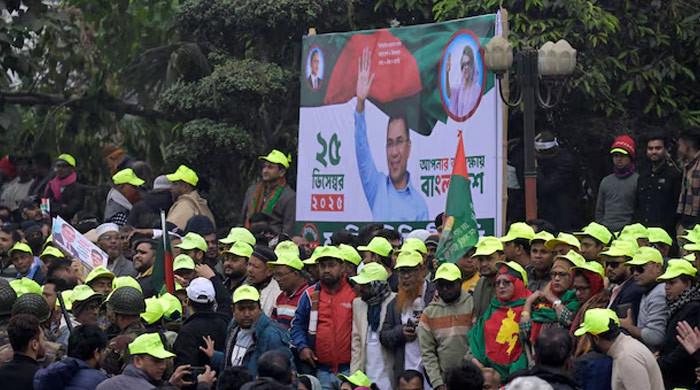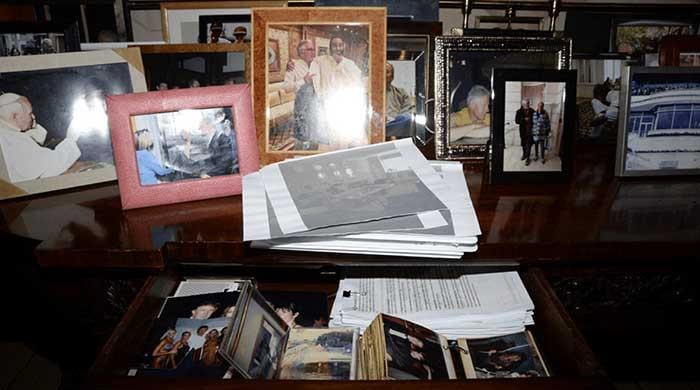British journalist visits N Waziristan, describes how Pakistan Army wiped out terror
“After a sustained assault, Pakistani troops managed to take control of Miranshah. The terrorists fled— but left a scene of heartbreaking devastation,” he wrote
March 03, 2017
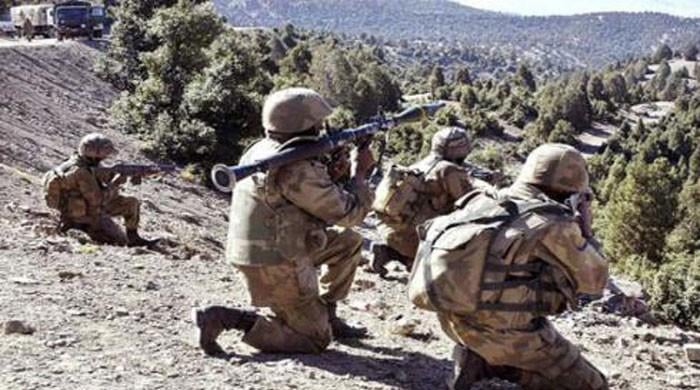
A British journalist who claims to be the first Western journalist in recent years to visit North Waziristan writes in a British daily that the Pakistan Army has managed to purge the area of terrorists.
Peter Oborne, also an author, writes in Daily Mail that once public beheadings were held at the streets of Miranshah city and teenage boys were trained to become suicide bombers. Not anymore.
“After a sustained assault, Pakistani troops managed to take control of Miranshah. The terrorists fled— but left a scene of heartbreaking devastation,” he wrote.
All 600 shops of the city’s market were reduced to rubble by terrorists, he mentioned in the article.
The journalist who was shown around by an Army Major General was taken to an ammunition factory in a densely populated neighbourhood. He was told that the Taliban thought the Army would never attack the factory for the fear of harming civilians.
The Pakistan Army major told him that destruction of the city was inevitable, as the Taliban had been holding the locals hostage.
Oborne stated the total number of arms and ammunition found during the two-year operation in North Waziristan. “In total, the army found 310 tons of explosives, 25,000 rifles, and more than two million bullets,” he wrote.
The journalist noted that the military had also discovered a militant infrastructure which included a media centre under a mosque, and secret prisons to keep kidnap victims. Not only that, underground tunnels were to protect militants from army’s precision attacks.
Oborne mentions that the Taliban had launched several attacks within the country causing loss of precious lives before the Pakistan military was able to rid the area of their existence.




